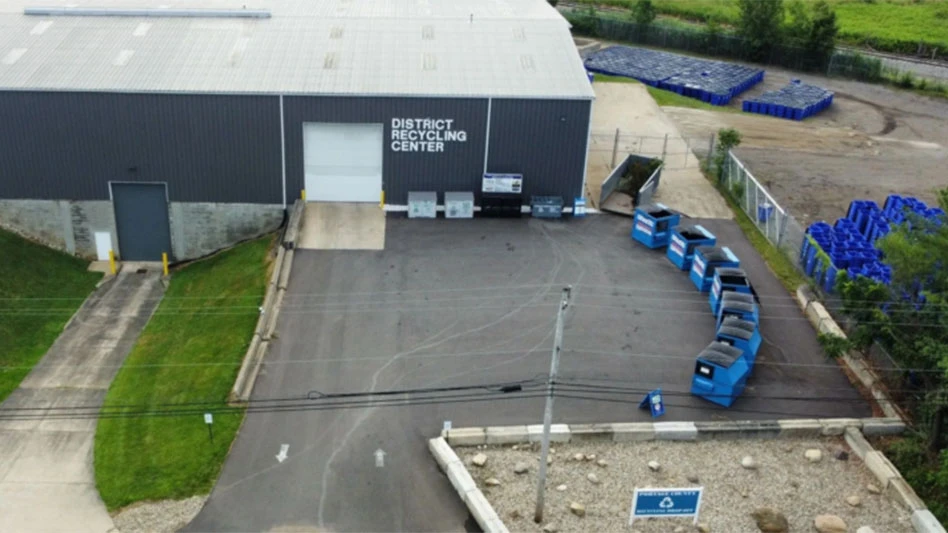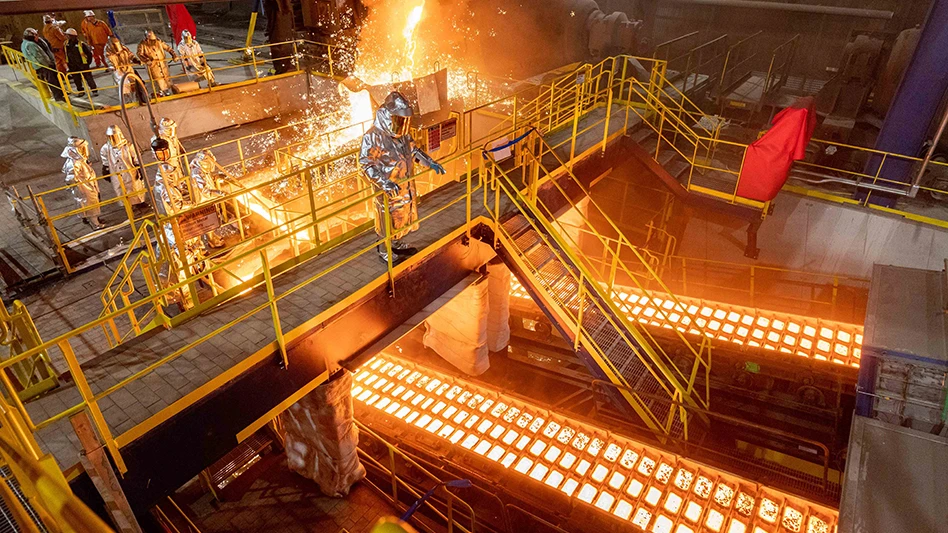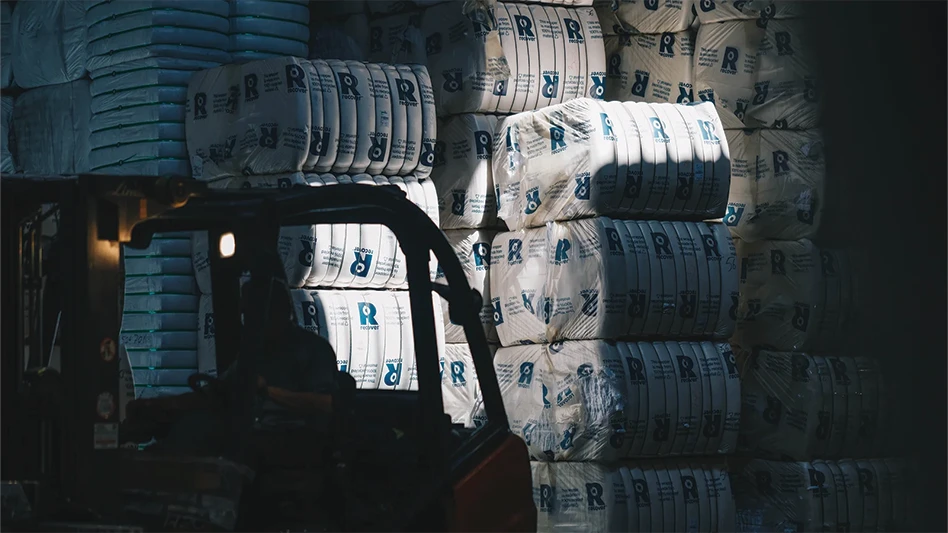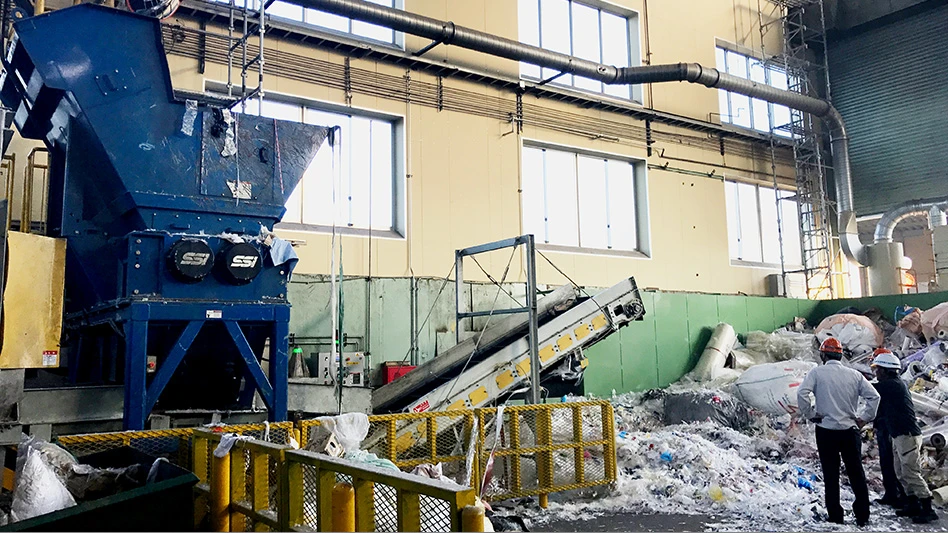
Photo courtesy of the Pennsylvania Resources Council
The Pennsylvania Resources Council (PRC), a Pittsburgh-based statewide environmental organization, recently commissioned a plan to build a center for hard-to-recycle materials (CHaRM) in Allegheny County by 2030.
During the final week of November, the PRC revealed its plan for what it calls a “sustainable, multifunctional [CHaRM]” that would be open year-round and collect household hazardous waste; electronics; hard-to-recycle material, such as tires, freon-containing devices and foam plastic as well as traditionally recycled materials like paper, aluminum and glass.
According to a report from WESA in Pittsburgh, the PRC expects the facility could serve 200 people per day year-round within its first five years of operation, and the group also notes that, in those first five years, its CHaRM is projected to recycle approximately 3 million pounds of materials—about five times the current total brought in via the existing collection events system.
“Our current system of one-day collection events is a vital service, but we’re only serving about 1 percent of county residents,” PRC Deputy Director Sarah Alessio Shea says in a statement. As of 2020, Allegheny County had a population of 1.25 million, making it the second-most populous county in Pennsylvania.
In the PRC’s “2024 Strategic Plan,” the group reports that it diverts more than 235,000 pounds of household hazardous waste and more than 345,000 pounds of electronics annually via its half-day collection events but notes several challenges and risks associated with those types of events, including service gaps, performance limitations and staffing impacts.
A key takeaway from feedback received from PRC staff is that the group collectively agrees a permanent facility would benefit residents, staff and the environment by diverting “significantly more” material to recycling and proper disposal.
Shea tells WESA constructing a new facility, not including a land purchase, could cost $2 million, while a retrofitted space could cost about $6 million.
The PRC plan was funded by the Pittsburgh-based RK Mellon Foundation, and Shea says it provides “conclusive evidence” that there is justification for PRC and Allegheny County to pursue construction of a CHaRM.
“Compared to PRC’s current system of half-day collection events, a permanent facility in Allegheny County will serve far more households and divert far greater quantities of materials while better managing risks, costs and liability.”
More from our latest newsletter
- Coca-Cola’s shift in packaging goals troubles environmental groups
- Ecobat certifies its recycled PP
- Circular Action Alliance names executive director in California
- CSA Group publishes standard defining plastics recycling in Canada
- University of Michigan researchers to assess Michigan’s bottle deposit law
- Second Cyclyx Circularity Center to be located near Fort Worth, Texas





